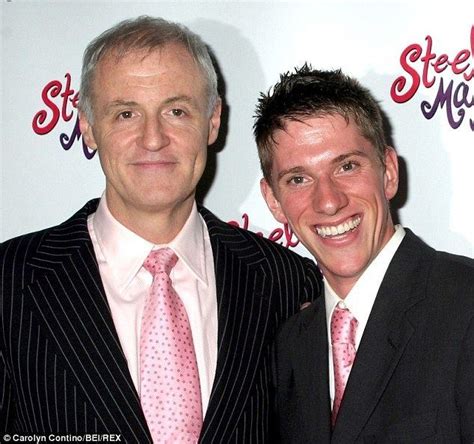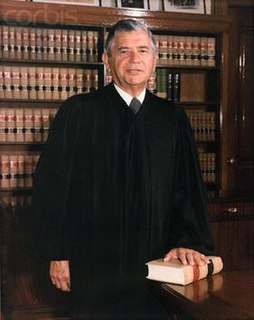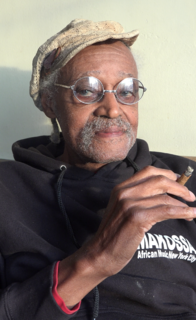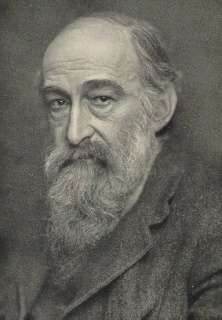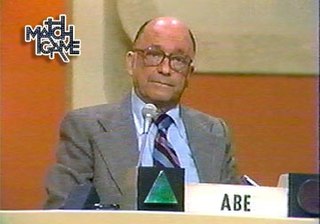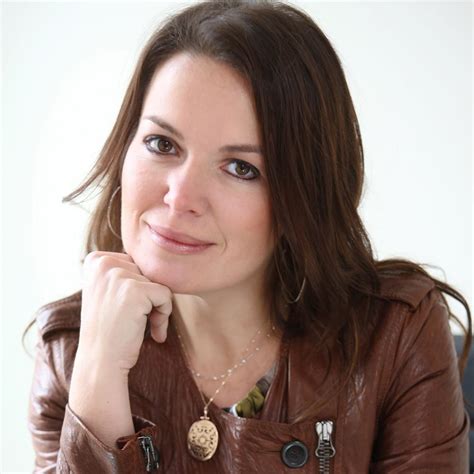A Quote by Stephen Leacock
Humor may be defined as the kindly contemplation of the incongruities of life, and the artistic expression thereof.
Quote Topics
Related Quotes
The intimate relation between humor and faith is derived from the fact that both deal with the incongruities of our existence. Laughter is our reaction to immediate incongruities and those which do not affect us essentially. Faith is the only possible response to the ultimate incongruities of existence, which threaten the very meaning of our life.
I firmly believe in and support everyone's right to freedom of artistic expression. STEEL MAGNOLIAS is my artistic expression, and it is my right to say that its female characters be portrayed by women. The concept of a play set in a beauty parlor where men portray women is a terrific idea. If that is someone's artistic expression, I encourage them to write their own play as soon as possible.
Simply according artistic works the same protection as nonartistic works may not be sufficient to protect creativity. After all, the very essence of artistic expression is invention and artists necessarily draw on their own experience. But if the rules of liability are unclear, artists will not be able to know how much disguise is sufficient to protect their claims from the claims of those who may see themselves in the portrayals.
Before examining this more carefully and investigating its consequences, I want to dwell for a moment in the contemplation of God, to ponder His attributes in me, to see, admire, and adore the beauty of His boundless light, insofar as my clouded insight allows. Believing that the supreme happiness of the other life consists wholly of the contemplation of divine greatness, I now find that through less perfect contemplation of the same sort I can gain the greatest joy available in this life.


